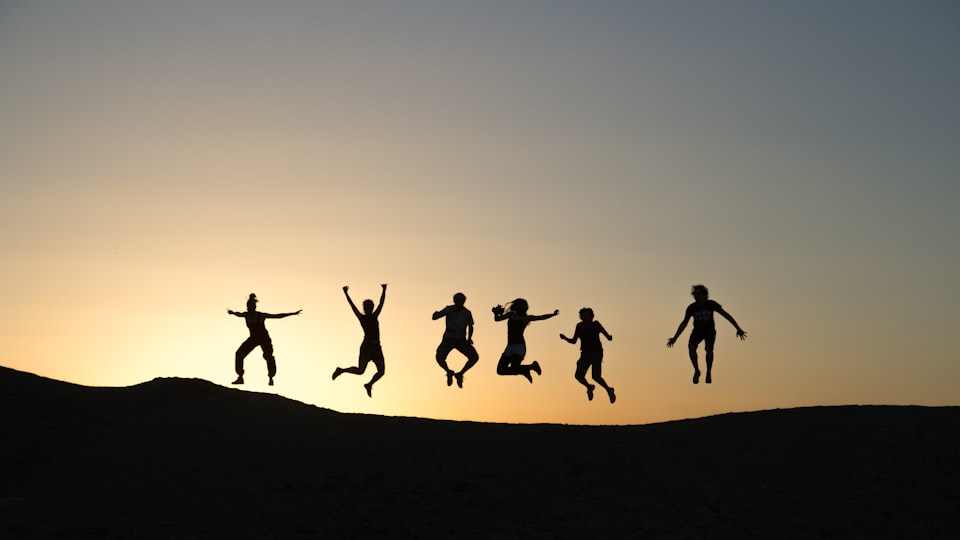Whakawhanaungatanga

The compound word, Whaka-whanaunga-tanga (faka-fanau-nga-tanga) - is a word used in Te Reo Māori (the indigenous language of the Māori people) that is used to describe the process of coming into a relationship with others. An event where you get to know others is a Whakawhanaunga (you drop the tanga off the end). This intentional act of relating, and building relationships, is a central concept within Māori society.
So-much so that if you want to collaborate with Māori and you haven't spent the time to relate to them as people, you are likely not going to make progress in your collaboration. This bit of Māori wisdom is not absent in other cutlures, but we often don't make intentional space or give a name to this process. When you do name this process, expecting to make time and space for it, whether as a manager, worker, community member or other person, you can open up the possibilities of deeper collaborations and co-creation of work and change in organizations.
Particularly working in difficult and transformational areas of change, where stakeholders from many backgrounds and perspecitves are challenged to come together, starting with whakawhanaungatanga is important. Bringing change, that brings together people and communities will be more resiliant and lasting when built on a foundation of strong relationships among the people crafting the change.
The below exercise prompts you to think about the ways that you naturally build Whakawhanaungatanga, and ways you might be able to bring more intentionality to it as you convene groups.
Consider a transaction you recently conducted, maybe at a restaurant, over the phone, at a grocery store:
Did you make space / time to engage in Whakawhanaungatanga (building relationship) before you launched into the transaction?
How might the interaction have been different if you had?
Do you have deep whakawhanaungatanga experiences for which you may not have had a name for?
What about relations with co-workers, service-workers, frequent acquantances?
What intentionality will you bring to this work of relating now that you have a name for it?
Bringing Whakawhanaungatanga into facilitation
Have a go at making time at the begining of any new group you convene to make time and space for this work of relationship building between people. Even established groups can benefit from this creation of time and space for building personal relationships. This can be done with aimless group activities, going for a hike together, 1 -on-1 breakouts. Or more structured activities such as team scavenger hunts or other structured group activities. Early in meetings, ice breakers can quickly build relationships, seemingly unrelated prompts like sharing of hobbies and interests, can make space for this work of building relationships. Whether structured, or unstructured, making time and space for group walks, scavenger hunts, shared challenges, 1-on-1s can all help to build relationships between individuals which will make the subsequent work flow more readily.
In larger online communities donut meetings can automatically build 1-on-1 meets via Slack. The app can be used to create 1-on-1 pairings of members of the community and they can get together to meet and connect and learn more about each other. These kinds of activities build strongly interconnected organizations and communities.
Further Reading
Western science has caught up to this understanding of the importance of relating, Knowledge about others reduces one’s own sense of anonymity - Study in Nature about (paper summary article). What we know about others, and what they know about us changes how we behave around each other. Doing the work to relate to each other before, during and after contentious conflict can help you navigate and build empathy for each other, and enable organizations to co-create transformational change. The work of transformational change is about building shared ways of thinking, joint paradigms, trust and understanding between people. It all starts with whakawhanaungatanga.